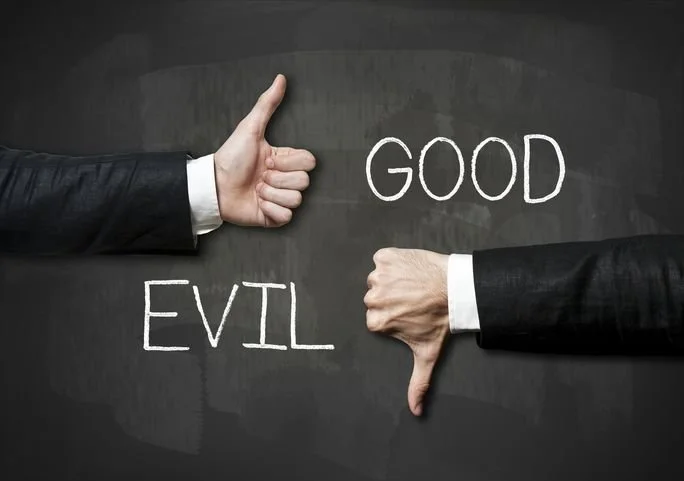So, I heard that former President Donald Trump made some kind of announcement the other day. That means (#SIGH) that we have to think, again, about that whole elite-media thing with 81% of White evangelicals adoring Orange. Man. Bad.
But readers who scan this Google file on that subject will find plenty of reminders that — when White evangelicals had a GOP choice in the 2016 primaries — many provided core support for Trump while just as many voted for other candidates.
With that in mind, consider this National Review headline: “Can DeSantis Win the Evangelical Vote?” That leads to this summary:
… (I)fDeSantis does intend to challenge Trump, he must convince conservative Christians — particularly white Evangelical Protestants, who made up almost half of the GOP electorate in the 2012 and 2016 primaries — to support his cause.
DeSantis would seem well-suited to the task. He has taken a strong stance on many of the social issues that matter most to Evangelicals: This year alone, he stood up against LGBTQ indoctrination in schools and signed a bill banning abortion after 15 weeks of gestation (in a state where 56 percent of adults say abortion should be legal in all or most cases); most recently, at his urging, state medical boards banned puberty blockers and transgender surgery for minors. …
And all of this ignores character. Between his three marriages, his lewd comments about groping women, and his friendship with Hugh Hefner, Trump was always an odd champion for the Moral Majority. DeSantis, on the other hand, has avoided scandal so far and cultivated a family-man public image that Evangelicals might find appealing.
OK, it would be good to take a flashback to a crucial moment in this drama.
As candidate Trump ramped up in 2016, one of America’s most consistent voices on religious, moral and cultural issues — Marvin Olasky — wrote and published a World magazine essay with this headline: “Unfit for power — It’s time for Donald Trump to step aside and make room for another candidate.”
Any journalist who wants to cover the next two years of American politics needs to read this essay, which Olasky recently re-upped on Twitter.









